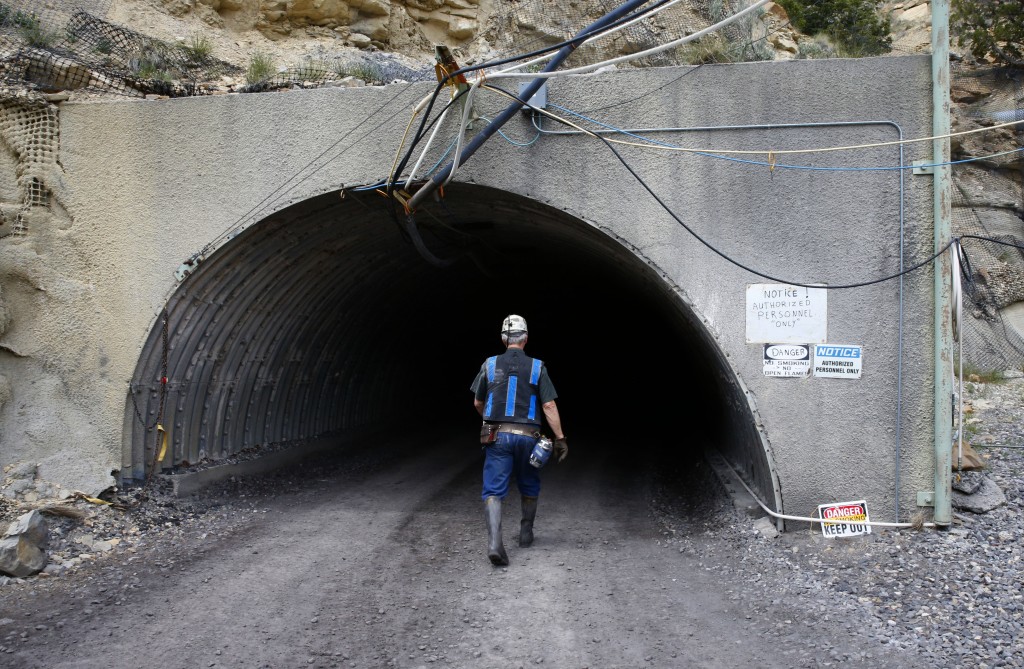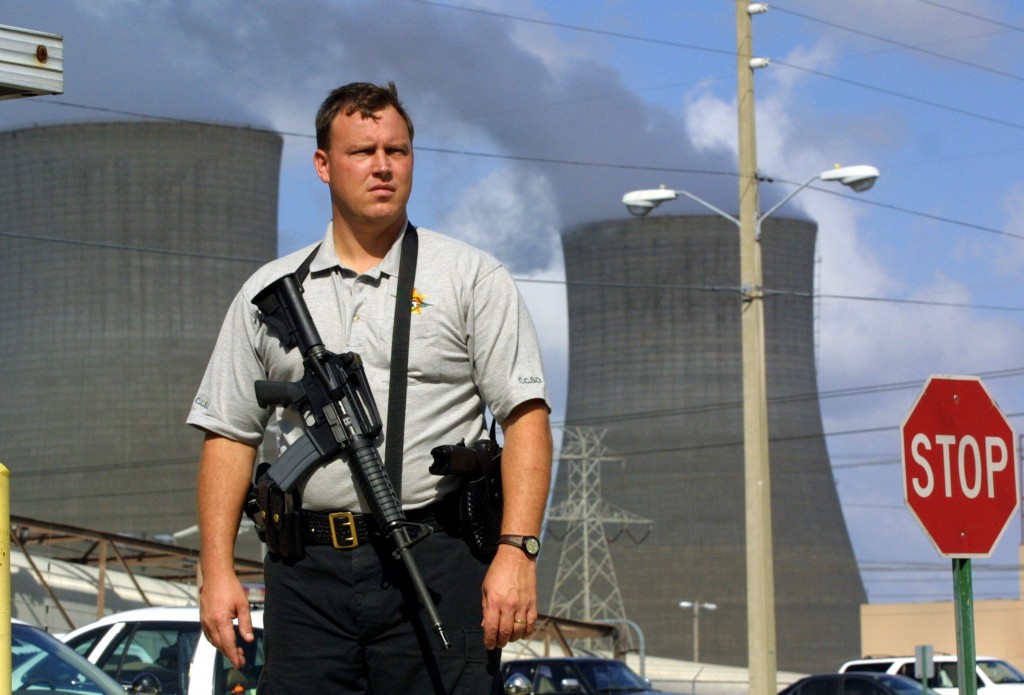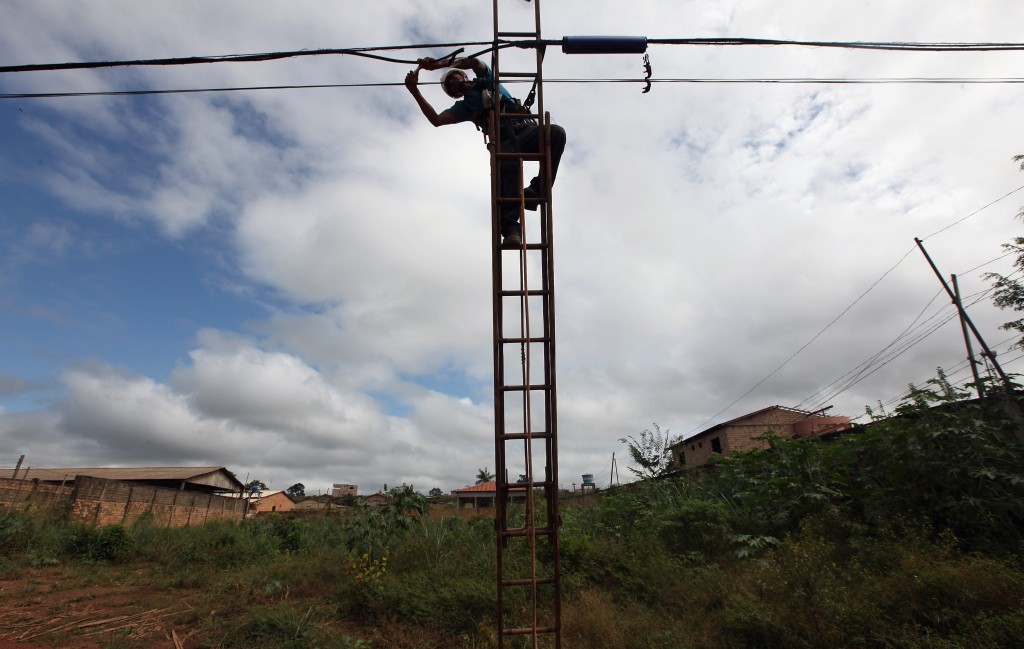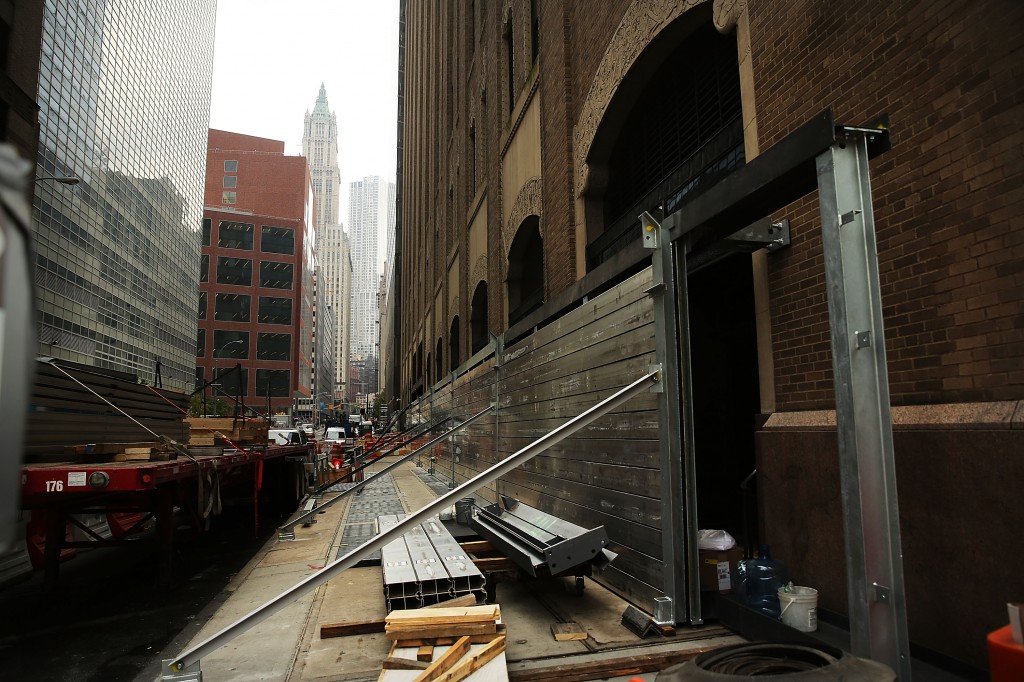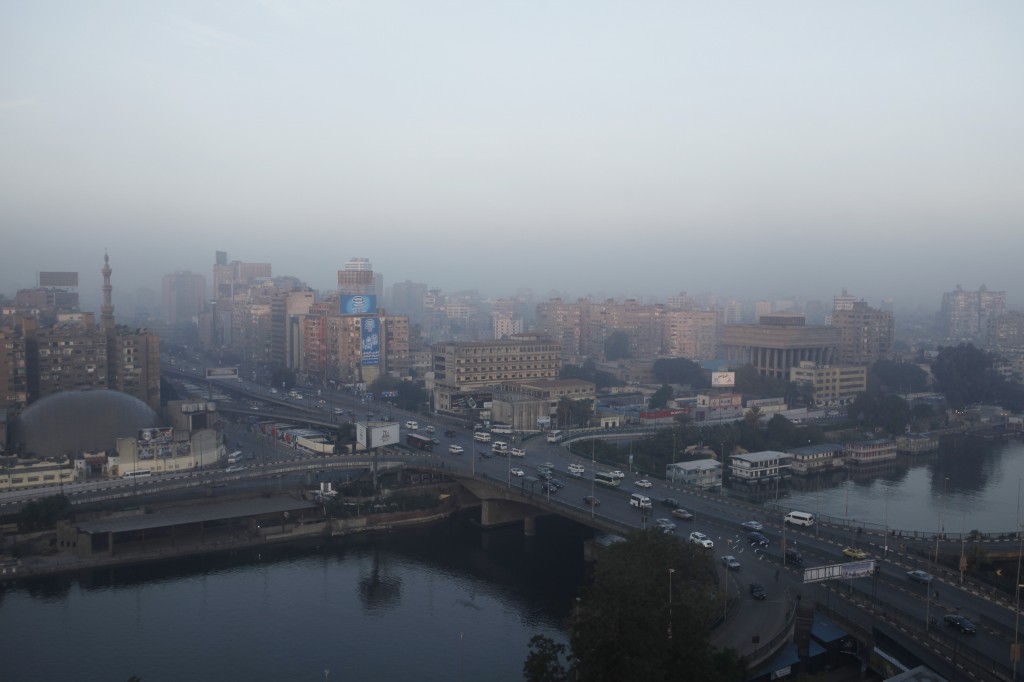Ed. note: This is a new weekly column by Elie Mystal, Managing Editor of Above the Law Redline. This space will focus on the laws that exist, should exist, and should be put out of their misery. OVER-REGULATED Gag Orders: Massey Energy CEO Don Blankenship is under criminal indictment for his role in the death… Keep reading →
Blackouts
Sign up and get Breaking Energy news in your inbox.
We will never sell or share your information without your consent. See our privacy policy.Senate Should Demand Electric Grid Reliability and Security
By Thomas S. Popik and William R. GrahamWith a Senate vote on two nominees for commissioners of the Federal Energy Regulatory Commission (FERC) pending, there is unprecedented attention on this obscure regulator of interstate pipelines and electricity transmission. In 2005, Congress granted FERC additional authority to regulate electric grid reliability and security, but too often FERC has accommodated industry rather than enforce… Keep reading →
Towards Understanding How Corruption Impacts the Quality of Electricity Supply to End-Users in Emerging and Developing Economies This article provides a synopsis of a paper submitted to the IAEE/USAEE Best Student Paper Award Competition. On average, a fourth of all electricity produced in low-income countries was lost during transmission and distribution in the year 2000,… Keep reading →
For a Strong Economy in the Face of Future Storms, Cities Need Resiliency Innovation
By David GilfordWithout power, the wheels of a city’s economy would quickly grind to a halt. Reliable energy underpins every aspect of modern business, and yet we see its full importance only when things go wrong. When Hurricane Sandy’s flood waters reached New York City in 2012, first responders, citizens and businesses alike faced the challenges of… Keep reading →
As the sociopolitical situation in Egypt deteriorates, the country’s energy infrastructure is also suffering. Although winter blackouts currently frustrating the population are being blamed on seasonal maintenance, a tight natural gas supply situation could exacerbate matters this summer when air conditioning-demand peaks. In late January, BG Group was ordered to direct gas away from LNG… Keep reading →

Anyone who thought economics was the dismal science should try civil engineering.
Despite more than a quarter of a trillion dollars in investment from 2001 to 2010 the US is still facing an enormous shortfall in electricity infrastructure. That decade was marked by higher spending on reliability in the years that followed the high-profile California blackouts and were interrupted by an equally notable New York City blackout. Keep reading →

March 2012 shattered US temperature records. What about the summer?
Electricity market operators are not generally fond of hot summers, when consumers turn up their air conditioners to stay cool, while straining the network, sometimes to the brink of disaster. This summer is no exception, especially in a few places where supplies are likely to be tight. Keep reading →

The chairman of the Federal Energy Regulatory Commission said Thursday that lawmakers should not rush to enact laws to weaken federal pollution regulations because of fears about electricity shortages.
FERC Chairman Jon Wellinghoff contended that “relief valve” bills being contemplated by Republicans may not be necessary because of flexibility already available under the Environmental Protection Agency regulations and FERC processes. Keep reading →

A federal appeals court may have handed the Obama administration a New Year’s election gift, ensuring the President won’t be forced to choose between electricity price spikes and his environmental constituency this summer.
The US Court of Appeals in Washington stayed the Environmental Protection Agency rule tightening caps on sulfur and nitrogen oxides, the Cross-State Air Pollution Rule (CSAPR), late on Dec. 30. The court told EPA to keep using the Clean Air Interstate Rule temporarily.
CAIR was written in 2005 by the Bush administration, invalidated by the court in 2008, and left it in effect until a new rule could be written. So 2012 will be the fourth year governed by CAIR standards. Keep reading →
